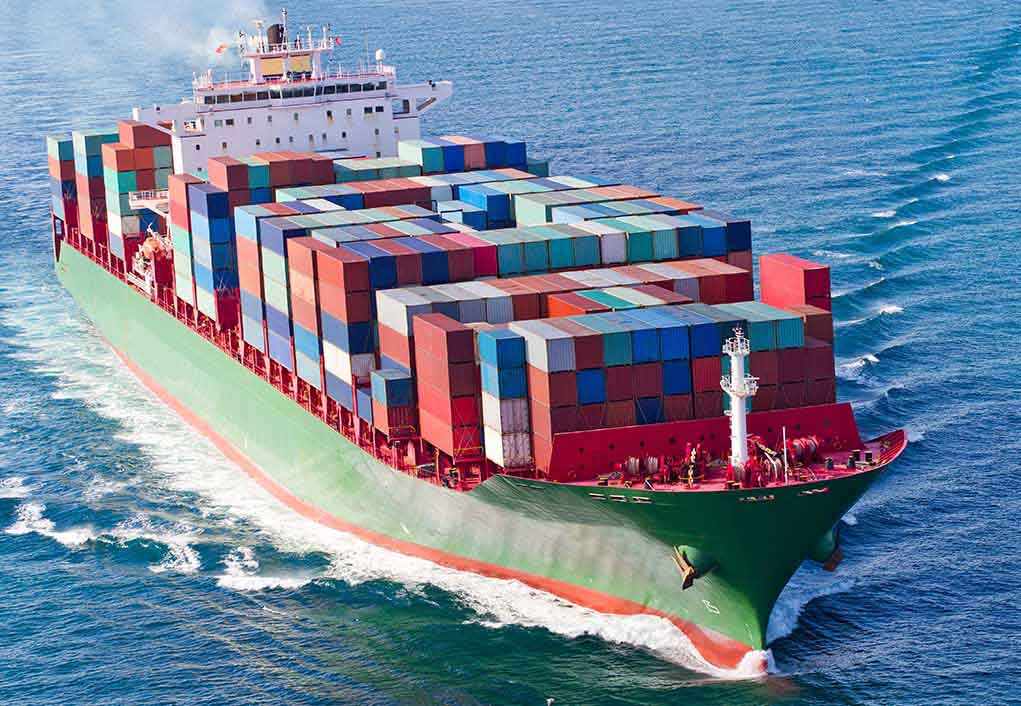
Imagine a world where the ocean itself becomes a battlefield, where cargo ships are pawns in a high-stakes game of geopolitical chess.
At a Glance
- Houthi rebels have launched a series of attacks on cargo ships in the Red Sea.
- These attacks are labeled as war crimes by Human Rights Watch.
- The Houthi movement claims these acts support Palestinians and retaliate against Western aggression.
- Global trade and maritime security face significant disruptions.
Unfolding the Maritime Crisis
The Red Sea, once a bustling artery for global commerce, is now marred by a tumultuous crisis, courtesy of the Houthi rebels. It all began in November 2023, when these rebels, backed by Iran, started targeting commercial ships, allegedly in solidarity with Palestinians and as a backlash against perceived Western aggression. The stakes have since escalated, culminating in the sinking of the Magic Seas and Eternity C cargo ships in July 2025.
This maritime chaos has not only endangered lives but also threatened the global economy. With the Red Sea serving as a crucial link between Europe and Asia, any disruption can send ripples across international trade. The Houthi attacks, therefore, have global implications, affecting more than just the vessels directly in their crosshairs.
The Key Players in a Dangerous Game
The Houthi movement, officially known as Ansar Allah, stands at the center of this storm. They wield significant control over northern Yemen and have made clear their intentions to challenge Western powers and their allies. Iran, their chief supporter, sees these attacks as a means to flex its muscles in the region, aiming to disrupt adversaries’ interests.
Commercial shipping companies find themselves caught in the crossfire, with vessels from nations like Israel and Greece being targeted. Meanwhile, the United States and the United Kingdom have taken the helm of naval operations, striving to secure these perilous waters. Despite their efforts, the asymmetric nature of Houthi tactics poses a formidable challenge.
The Broader Impacts and Ripple Effects
The repercussions of the Red Sea crisis are manifold. In the short term, there is the immediate threat to crew safety and the economic fallout from lost vessels and cargo. Insurance premiums have skyrocketed, and many shipping routes now bypass the Red Sea altogether, opting for the longer journey around the Cape of Good Hope.
Long-term implications suggest a troubling normalization of maritime attacks as tools of warfare. The erosion of international shipping norms and increased regional militarization are likely outcomes if these attacks persist. The global economy, particularly the shipping and logistics sectors, faces increased costs and uncertainty, while energy markets remain jittery over potential disruptions.
Sources:
USNI News: Houthis Attack Commercial Ship in the Red Sea
Human Rights Watch: Yemen—Houthi’s Attacks on Cargo Ships Apparent War Crimes
Foreign Policy: New Houthi Tactics Call for New, Non-Western Solutions




